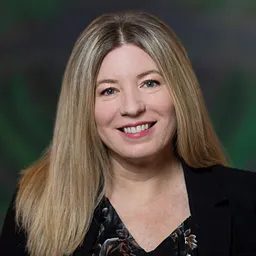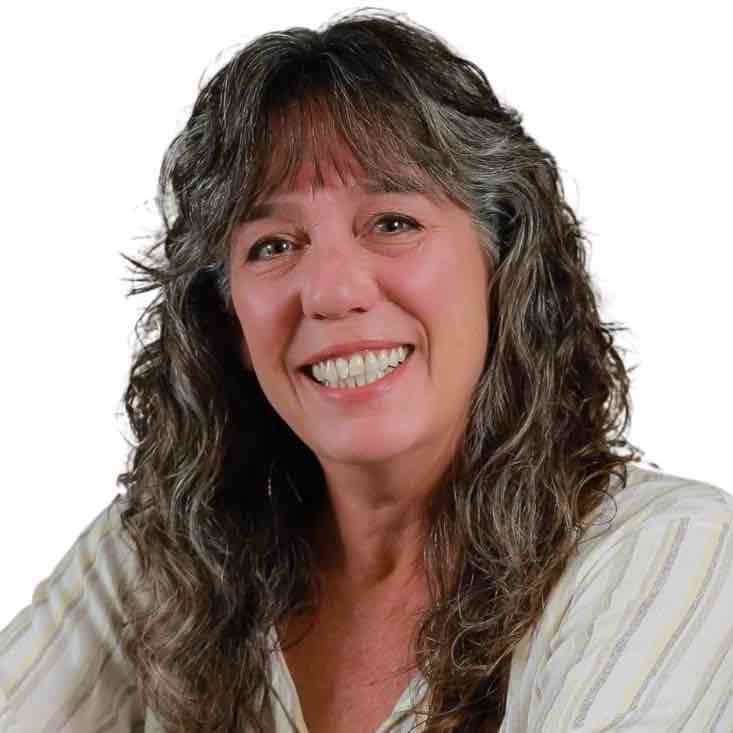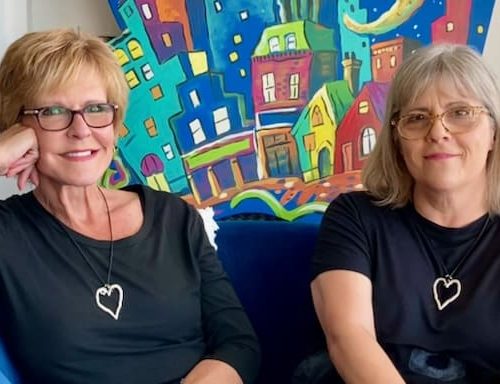Are you too old to have a mentor?
Have you ever wondered if mentors have mentors? And, if they do, who mentors them? Are we to become mentorless in our old age?
The short answer is no.
Even experts need mentors.
Mentors can also be mentees.
Being a mentor does not mean you are not a mentee. Mentorship is not simply a hierarchical relationship between mentor and mentee. Mentoring can and should be a web of connections. We reach out to someone when we need guidance, and others reach out to us when they need advice. Rather than a one-way street moving hierarchically (most often the way mentorship is viewed in work settings), mentoring is an intricate lattice of connections between individuals when they need guidance, support, skills, or knowledge. I call this lateral mentoring. Mentoring can be done remotely as well. We can have mentors we don’t interact with but guide us in group settings, whether online or in person. Many people get together with groups outside of work settings to learn something from an expert in a field. The group members are generally experts in other areas, seeking new insights into a philosophy of thinking, skill, or value. These groups exist all over the world. They can be engaged through social media, communities, or word of mouth. Simply watching the group leaders/mentors work through a process we aren’t familiar with can give us the answers we need to take a step in a new direction.
Mentorship becomes a web of connections
.
As we age, our connections become fewer but more robust. The many acquaintances we once had were like strings, easily broken, but our meaningful connections become like strong, tight ropes as we grow older. We select friends who we can rely upon and who can depend upon us. We use these connections as our mentors. It might be that we access mentorship from one connection to help navigate an issue in healthcare and another to help us navigate a complex problem we’ve been trying to solve in our hobby. Our Relationships in midlife and later years are less about grabbing a cocktail and having small talk and more about conversations that help to navigate, solve problems, and add value to our lives.
The next time you talk with a friend, reflect upon what you talk about and what your friendship offers. You’ll likely find that you ask your friend for advice, rely upon your friend to guide you in areas you haven’t navigated before, and may even seek out advice or assurance on values you hold dear. As we age, our mentors will not be our bosses, but they will be our friends and connections we respect.
The Right Side of 40 on Psychology Today: Are You Too Old to Have a Mentor?
Leave a comment
Subscribe now
Source: Photo by Gustavo Fring/Pexels
Source: Photo by Arina Shvets by Pexels
Source: Photo by Pixabay: https://www.pexels.com/photo/spider-web-34225/
Originally Published on https://deborahheiserphd.substack.com/

























